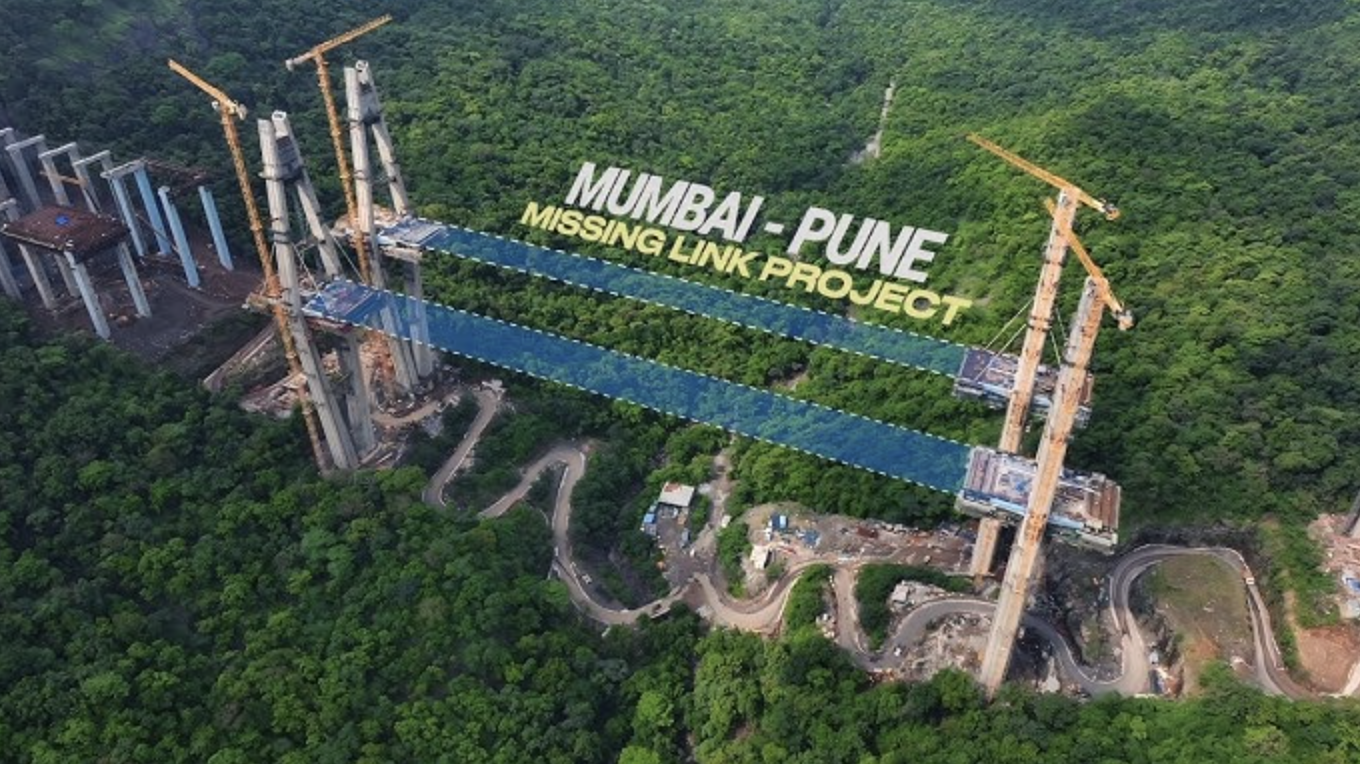At approximately 5:45 am on July 9, PS Radhakrishnan, residing in Kozhikode, Kerala, received an initial call from an unknown number, which he chose to ignore. Shortly after, when he checked his WhatsApp, he discovered a series of messages from the same number, claiming to be his former colleague from Coal India Ltd. Radhakrishnan acknowledged their history of working together for nearly forty years and recognized the displayed photo as his colleague. They engaged in a text conversation, discussing Radhakrishnan’s daughter, her workplace, and sharing family photographs and inquiries about common colleagues.

The Deceptive Call: A Tale of Trust, Scams, and Deep-Fakes
Following that, the person voice-called Radhakrishnan through WhatsApp, asserting that they were presently at Dubai airport, awaiting a flight to India. They explained that they had called early in the morning to request a financial favor. The caller’s sister-in-law was undergoing emergency surgery at a hospital in Mumbai, and an advance payment of ₹40,000 was urgently required. They instructed Radhakrishnan to transfer the money through UPI to a phone belonging to someone accompanying the sister-in-law at the Mumbai hospital.
Despite the caller resembling his former colleague, Radhakrishnan expressed concerns about online scams and the risks associated with transferring a substantial sum to an unknown account. In response, the person promptly suggested a video call to address his doubts.
“A few seconds later, he called, and he looked exactly like my former colleague. Although only his face was visible, it was unmistakable. His lips and eyes moved naturally as we conversed in English. The call lasted only 25 seconds before it abruptly ended. He later called back via voice call, emphasizing the urgency for the money. Without further questioning, I transferred the funds,” recounted Radhakrishnan.
Minutes later, when the same individual contacted him again, requesting additional funds for hospital expenses, Radhakrishnan began to doubt the authenticity of the situation for the first time. He responded by falsely claiming that his account did not have sufficient balance.
Unveiling a Sophisticated Scam Network
After becoming suspicious, Radhakrishnan contacted his saved number for his former colleague, who denied making any calls. It dawned on Radhakrishnan that he had fallen victim to a scammer who, according to the police, likely employed advanced deep-fake technology to mimic the appearance and voice of his former colleague during the video call. Moreover, the scammer possessed personal information about Radhakrishnan’s life.
The septuagenarian promptly filed a complaint with the National Cyber Cell, which was later transferred to the Kerala police. The police acted swiftly and traced the money to an account in RBL Bank in Maharashtra, subsequently freezing the account.
Radhakrishnan noted that his case was not an isolated incident. When he reached out to his former colleagues at Coal India, some of them revealed receiving similar messages and calls, even under Radhakrishnan’s name, soliciting financial aid. However, they did not entertain these requests.
Deputy Commissioner of Police, Kozhikode, KE Byju, informed reporters that this scam was not an isolated occurrence but the work of a group. The traced number led to Gujarat, although it remains uncertain if the perpetrators are based there. In addition to Radhakrishnan’s money, there are additional funds in the account that were presumably involved in the scam.
The police have filed a case and will submit an investigation report to the relevant banks to initiate the process of recovering the lost funds. The police officer stated that this is the first time they have encountered a cyberfraud utilizing deep-fake technology.











